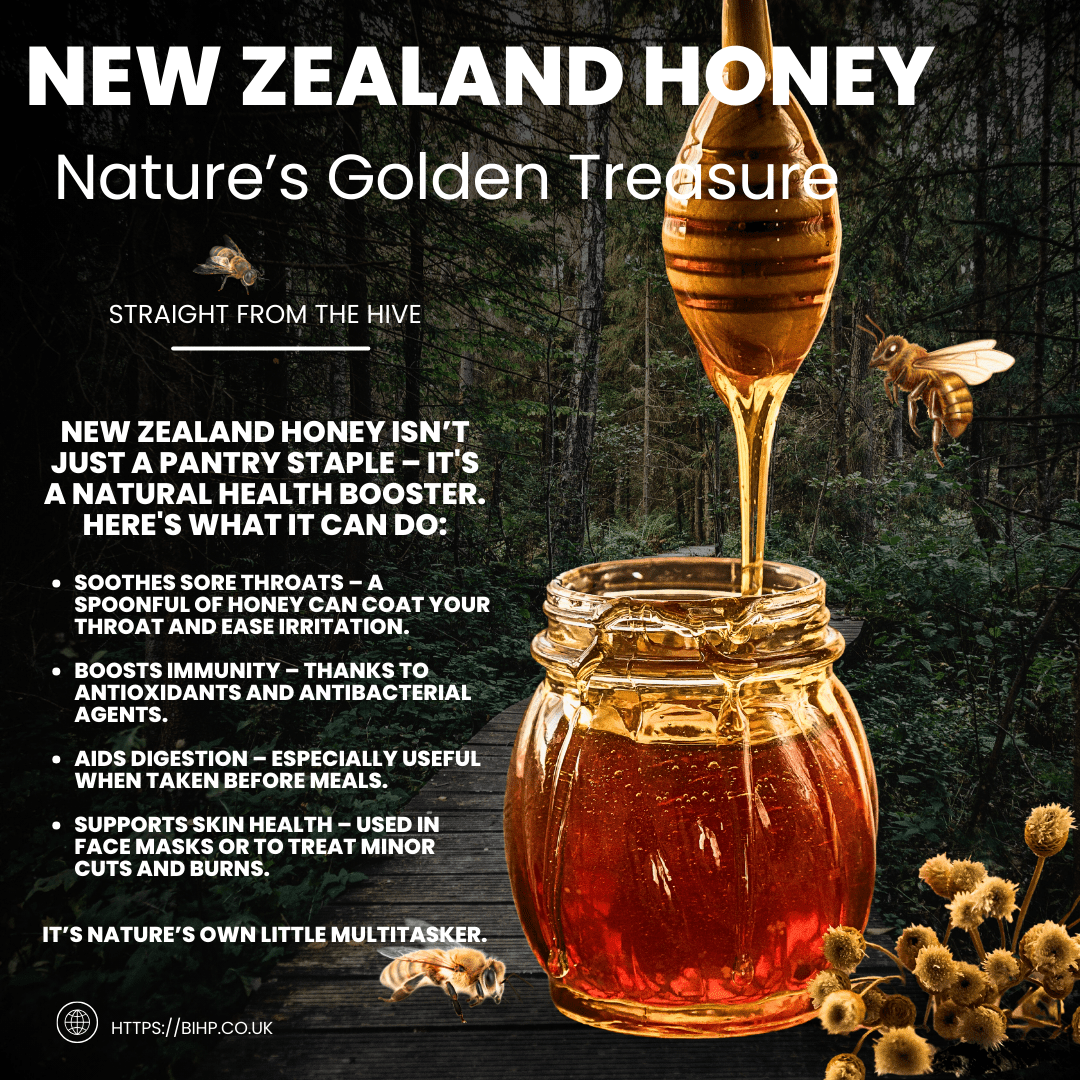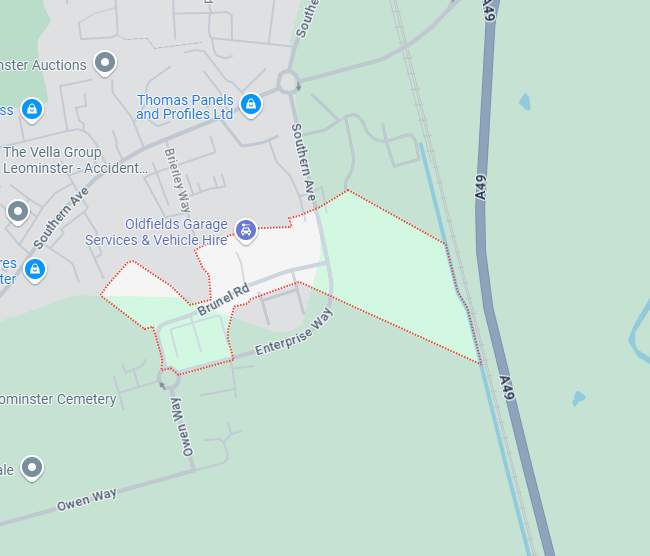New Zealand Honey: Nature’s Golden Treasure
When you think of New Zealand, lush landscapes, rolling green hills, and breathtaking coastlines probably come to mind. But hidden among the native flora is another gem – New Zealand honey. It’s not just sweet; it’s special. Whether you drizzle it on your toast, stir it into tea, or use it as a natural remedy, New Zealand honey has earned its place in kitchens and medicine cabinets alike.
So, what makes this honey so extraordinary? And why are people across the globe raving about it? Let’s dig into the golden goodness and find out.
Introduction to New Zealand Honey
New Zealand honey is more than just a sweet treat. It’s a product of clean air, untouched forests, and some of the world’s most diligent bees. The country’s isolated location and unique biodiversity create perfect conditions for producing honey that’s not only delicious but also packed with health-boosting properties.
What Makes New Zealand Honey Unique?
Imagine sipping wine made from grapes grown in a secret valley – untouched and pure. That’s what it’s like tasting New Zealand honey. The bees here forage from native plants found nowhere else on Earth, resulting in flavours and benefits you simply can’t replicate elsewhere.
The Role of Native Plants
Bees in New Zealand feed on indigenous flora like manuka, kanuka, and Rewarewa. These plants give the honey its distinctive flavour, colour, and medicinal properties. Think of the honey as a bottled version of the New Zealand wilderness – earthy, floral, and wild.
Manuka Honey: The Star of the Show
Let’s be honest – when people talk about New Zealand honey, Manuka honey steals the spotlight. Known for its antibacterial properties, it’s like the superhero of honeys. Packed with a compound called methylglyoxal (MGO), it’s been used to soothe sore throats, improve digestion, and even help with wound healing.
But not all Manuka honeys are created equal. Look for the UMF (Unique Manuka Factor) rating on the jar – the higher the number, the stronger the properties.
Other Popular Types of New Zealand Honey
While Manuka may be the Beyoncé of the honey world, other varieties deserve their moment in the sun:
-
Rewarewa Honey – Rich and caramel-like, often called the “New Zealand bush honey”.
-
Clover Honey – Light, creamy, and perfect for everyday use.
-
Kamahi Honey – Buttery with a bold floral note.
Each one offers a unique taste and nutritional profile.
Health Benefits Backed by Nature
New Zealand honey isn’t just a pantry staple – it’s a natural health booster. Here’s what it can do:
-
Soothes sore throats – A spoonful of honey can coat your throat and ease irritation.
-
Boosts immunity – Thanks to antioxidants and antibacterial agents.
-
Aids digestion – Especially useful when taken before meals.
-
Supports skin health – Used in face masks or to treat minor cuts and burns.
It’s nature’s own little multitasker.
Natural Remedy or Health Fad?
With so many wellness trends floating around, it’s fair to wonder: Is this just another fad? Not quite. While it’s true that some claims are exaggerated, scientific studies back many of honey’s benefits – especially Manuka’s antibacterial powers. So yes, it’s sweet – but it’s no snake oil.
https://pmc.ncbi.nlm.nih.gov/articles/PMC6613335/
How to Use New Zealand Honey
There’s no wrong way to enjoy New Zealand honey, but here are some tasty and clever ideas:
-
Morning tea or coffee sweetener
-
On toast with butter – classic and comforting
-
As a natural face mask – mix with yoghurt or oats
-
In marinades and dressings – adds depth and sweetness
-
For sore throats – just a spoonful straight up
It’s like having a Swiss army knife in your kitchen.
Choosing the Right Honey
Not all jars are equal. Here’s what to look for:
-
UMF rating (for Manuka honey) – shows authenticity and potency.
-
Origin label – make sure it’s genuine New Zealand honey.
-
Raw or unprocessed – retains more nutrients.
-
Trusted brands – avoid imitations or blends with added sugars.
Think of it like buying wine – a little knowledge goes a long way.
How It’s Harvested: The Kiwi Way
Beekeeping in New Zealand is more than a job – it’s a way of life. The honey is harvested with care, often in remote areas only accessible by helicopter. Talk about dedication! This careful approach ensures the honey stays pure and retains its natural goodness.
Sustainability and Beekeeping in NZ
New Zealand takes its environment seriously. Many honey producers follow sustainable practices – protecting bees, supporting local ecosystems, and ensuring long-term quality. When you buy New Zealand honey, you’re supporting a system that respects nature and community.
Taste Test: What to Expect
Depending on the plant source, you’ll find notes of caramel, earth, flowers, and even spice. Manuka has a slightly bitter edge with a medicinal tang, while clover is light and mellow. It’s a journey for your taste buds.
Is it Worth the Price Tag?
Yes, New Zealand honey can be pricier than supermarket varieties. But when you consider the purity, the health benefits, and the care taken to produce it – it’s worth every penny. It’s like comparing fast fashion to a handcrafted item – quality matters.
Where to Buy Authentic NZ Honey
To avoid fakes, buy from:
-
Reputable health food stores
-
Certified online sellers
-
Official brand websites
Look for UMF certification, and always read the label carefully.
Final Thoughts
New Zealand honey is more than a sweet treat – it’s a taste of the wild, a health ally, and a product of pure dedication. Whether you’re in it for the flavour or the benefits, one thing’s for sure: once you try it, you’ll never look at honey the same way again.
FAQs
1. What is the difference between Manuka honey and regular honey?
Manuka honey comes from the Manuka bush and contains unique antibacterial compounds not found in regular honey.
2. How do I know if my Manuka honey is real?
Check for the UMF certification on the label – this guarantees authenticity and potency.
3. Can children eat New Zealand honey?
Yes, but only after 12 months of age, as infants under one should not consume any honey due to the risk of botulism.
4. Is New Zealand honey vegan?
Technically, no. Since it’s a product made by bees, many vegans choose not to consume it.
5. Can I use Manuka honey for skin care?
Absolutely. It’s often used in natural skincare routines to treat acne, soothe inflammation, and promote healing.






